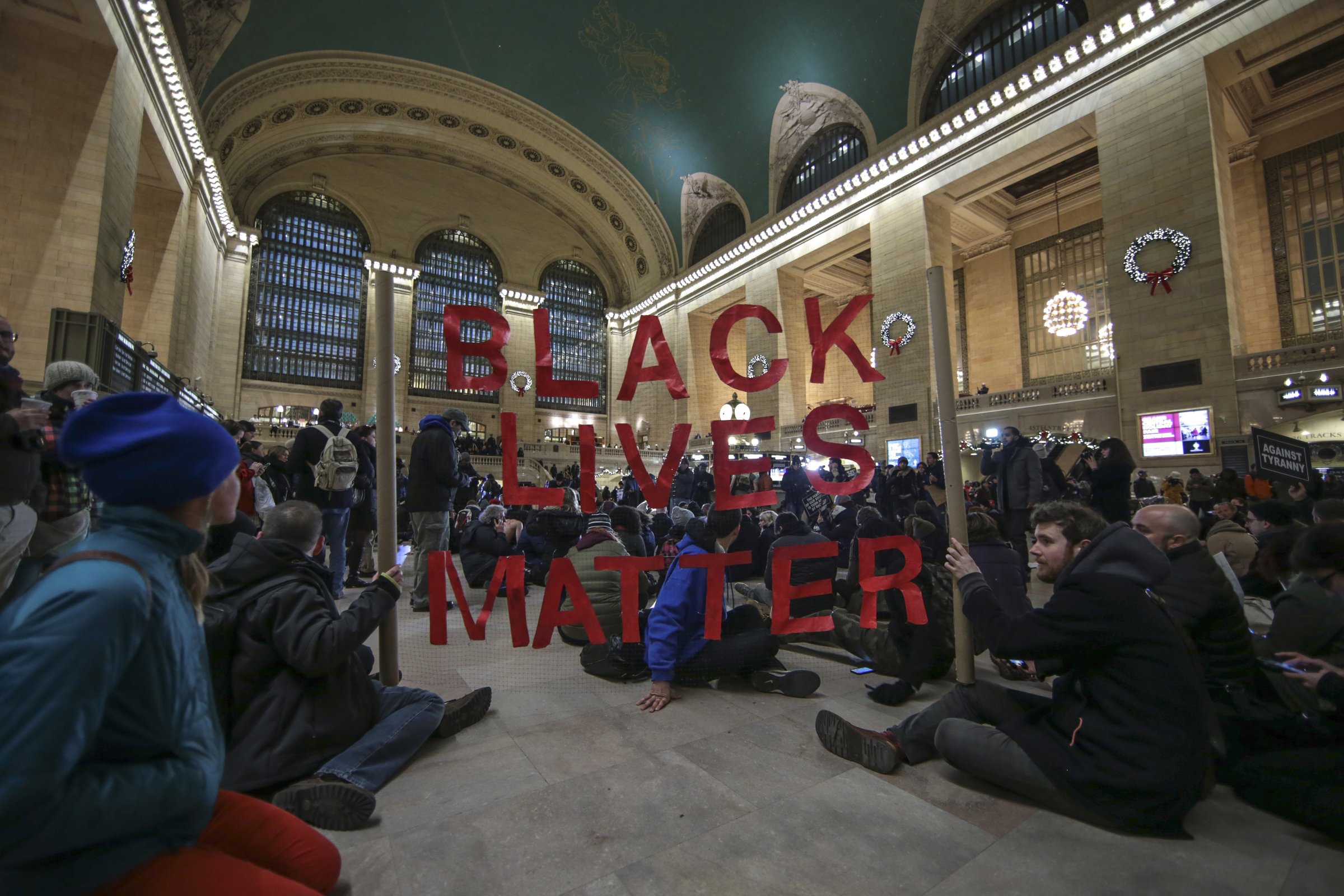
On Monday, the Obama Administration unveiled updated guidance on how federal law enforcement should address racial profiling. Rather than discarding the ineffective practice, the new guidance issued by the Department of Justice gives profiling a new lease on life.
The new guidance opens by saying that profiling is wrong, yet proceeds to outline when it is appropriate for law enforcement officials to profile Americans on the basis of race, ethnicity, gender, national origin, religion, sexual orientation, and gender identity. For instance, it continues to enable the Transportation Security Administration to profile and single out travelers on the basis of stereotypes.
As an American Sikh who wears a turban and who has been subjected to extensive and consistent racial profiling, I find this deeply troubling.
Our government’s decision to continue practicing racial profiling is misguided and morally wrong, and, most importantly, it threatens the security of our nation far more than it protects it.
Numerous studies have shown that the practice of racial profiling does not make this country any safer. For example, recent research by William Press, a professor of computer science and integrative biology at the University of Texas at Austin, found that racial profiling is no more effective for catching terrorists than randomized sample methods.
The DOJ guidance recognizes this fact in its opening paragraph, which explicitly states that such “biased practices are ineffective” and that “[a]s Attorney General Eric Holder has stated, such practices are ‘simply not good law enforcement.'”
President Obama spoke to this issue in a television ad during his 2000 Senate campaign and made it crystal clear: “Racial profiling is not only wrong and degrading, it’s dangerous and can lead to unexpected confrontations. Not only that, it erodes confidence in law enforcement.”
The updated DOJ guidance echoes President Obama’s sentiments on the dangers of racial profiling: “Biased practices, as the Federal government has long recognized, are unfair, promote mistrust of law enforcement, and perpetuate negative and harmful stereotypes.”
Both President Obama and the Justice Department recognize that racial profiling is a dangerous and divisive practice. Both also recognize that the premise of stereotyping someone on the basis of their appearance is fundamentally wrong and cuts against the American values of equality, justice, and freedom.
The new DOJ guidance comes at a moment of critical reflection about race, policing, and power in this country. Two weeks ago, a grand jury decided to not indict Ferguson Police Officer Darren Wilson, who shot and killed 18-year-old Michael Brown. Last week, a grand jury in New York City declined to indict the NYPD Officer who killed an unarmed black man, Eric Garner, while applying an illegal chokehold.
Both decisions set off a wave of protests and demonstrations, and Americans continue to publicly express their dissatisfaction with the social inequalities that divide this country. Both instances also stink of what goes wrong when our government gives law enforcement officials the green light to discriminate against its citizens based on how they look.
When our government publicly sanctions discrimination, the message it sends the rest of the country is that we’re safer as a nation when we stand divided against one another. As an American Sikh who has lived through a generation of discrimination, I can promise you nothing could be further from the case.
As Jelani Cobb has convincingly argued, racial profiling is nothing more than a modern code for institutionalized racism. The two are indistinguishable from one another: “The supposed definition of “racial profiling”—that the alleged behavior of any fragment of a population becomes the basis for categorizing it in its sum, that epidermal hues are a valid means of reflexively predicting character – is what we, in more honest moments in our past, simply referred to as racism.”
Racial profiling is institutionalized racism, and the government’s decision to continue this flawed practice is not in the best interest of Americans. The Obama Administration and the Justice Department openly acknowledge that racial profiling is ineffective, threatens our national security, and remains at odds with American values.
Yet the new DOJ guidance continues to perpetuate the problem. It assumes that individuals belonging to particular backgrounds are more likely to commit a crime than people of other backgrounds. These assumptions perpetuate negative stereotypes and harm our efforts to cultivate a fair and safe society in which all people receive equal protection of the law.
The new DOJ guidance is also unacceptable because it takes away critical resources from other national security measures that – unlike racial profiling – are effective, ethical, and constitutional. It is also unacceptable because it fails to recognize that we are strongest when we examine divisive challenges together and develop solutions that increase social cohesion and stability.
Only once our government realizes that we are strongest when we stand together in our diversity will we begin to take the meaningful steps toward fixing what’s broken in our society. This is our most effective policy and common sense.
Simran Jeet Singh is the Senior Religion Fellow for the Sikh Coalition and a PhD candidate in the Department of Religion at Columbia University. He currently serves as a Truman National Security Fellow and the Rachel F. and Scott McDermott Fellow for the American Institute of Indian Studies. Simran has earned degrees from Harvard, Columbia and Trinity Universities, and writes and speaks frequently on issues related to religion, human rights, civil liberties, hate violence, community advancement and social justice.
More Must-Reads From TIME
- The 100 Most Influential People of 2024
- The Revolution of Yulia Navalnaya
- 6 Compliments That Land Every Time
- Stop Looking for Your Forever Home
- If You're Dating Right Now , You're Brave: Column
- The AI That Could Heal a Divided Internet
- Fallout Is a Brilliant Model for the Future of Video Game Adaptations
- Want Weekly Recs on What to Watch, Read, and More? Sign Up for Worth Your Time
Write to Simran Jeet Singh at sjs2180@columbia.edu